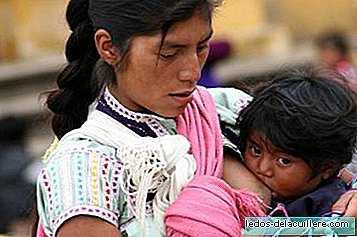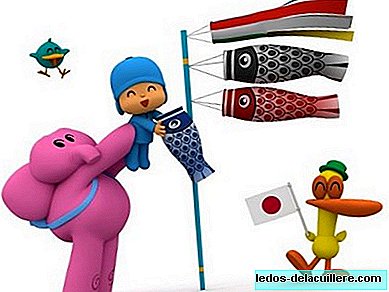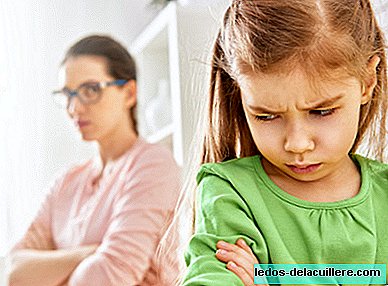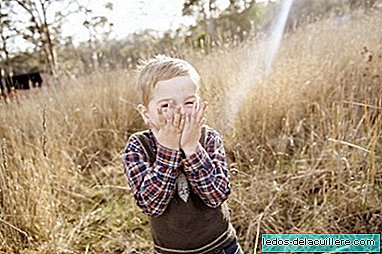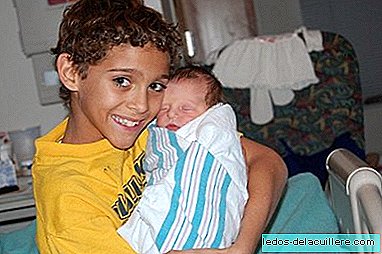
Occasionally, when a child is asked about what happens to his brother or sister, he usually does not know what to answer. It may also happen that you answer with the name of the problem, but without knowing exactly what it is.
To the kids, when they lack information about a sibling's disability, begin to develop their own interpretations from what they see or hear.
This occurs mainly because sometimes parents do not give the necessary information, since they believe they protect it. It is as if they do not find the ideal occasion to sit next to their children and clarify their doubts about what happens to their brother or sister.
It may also happen that parents want to satisfy their desire to know about their child without disabilities, but they don't know how to do it. Or they might even talk on occasion, but they haven't updated the subject.
In many families, disability becomes a prohibited issue, since they have the false belief that if one does not talk about disability, it does not exist.
False beliefs about disability
The little kids create false interpretations about the disability of his brother or sister, all due to a lack of information on the subject, which adds to the problems of understanding characteristic of the stage of development in which they are (called egocentric thinking).
The false belief that we most frequently encounter is that in which the little ones believe that their brother's disability can be spread, like a cold or measles.
They reach this conclusion because, according to their day-to-day experience, children are exposed to many diseases that can be spread; for that reason, they deduce that by contagion they can also become deaf, with some problem to walk…
Another consequence of the lack of information is the fears related to the possible death or, on the contrary, a magical cure of your problem.
The need to keep them informed
Children need to know what happens to their siblings, what is that disability, what will happen to him in the future ... And many times they make us want to know, but not directly. Therefore, we must be attentive to answer these hidden questions.
All the information you can get will be very useful to answer your own questions, questions that you can ask friends, colleagues ...
Thus, we must be attentive, understanding and always available in order to clarify the doubts that may arise throughout the development of our children about the disability of their brother or sister.
The information offered to them must be graduated, appropriate to each stage of development and updated. The latter is very important, since as our child grows, new questions and doubts will arise that will require different answers.
Too we must be attentive to indirect questions, that is, those that do not ask us directly, since it is another way of demanding information and is not as clear as when they ask us without hiding them.
Conclusion
We must always keep in mind that lack of information about disability A brother or sister is not as beneficial as you might think at first.
So that our son or daughter without disabilities can understand what is happening and can adapt to it without problems, it is necessary to know the reality. Therefore, it is important to report the situation clearly and really.



